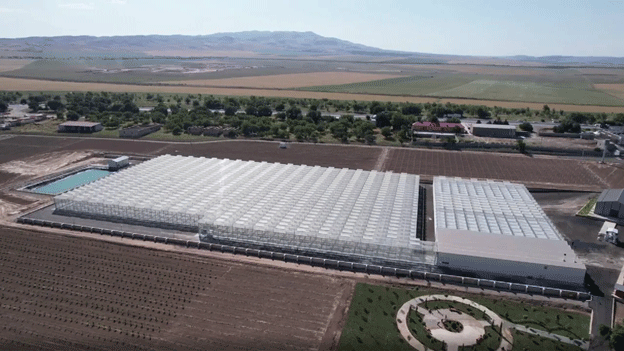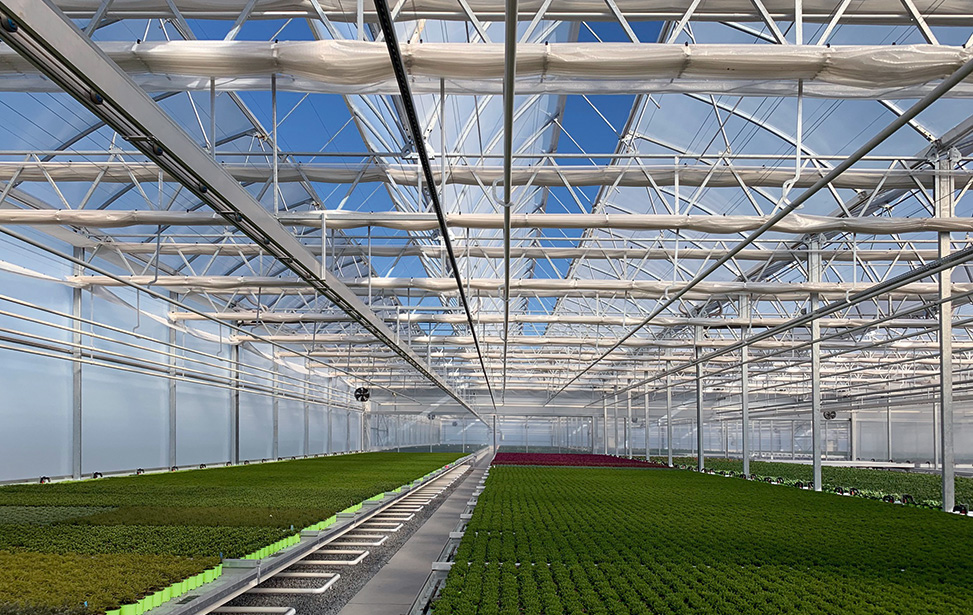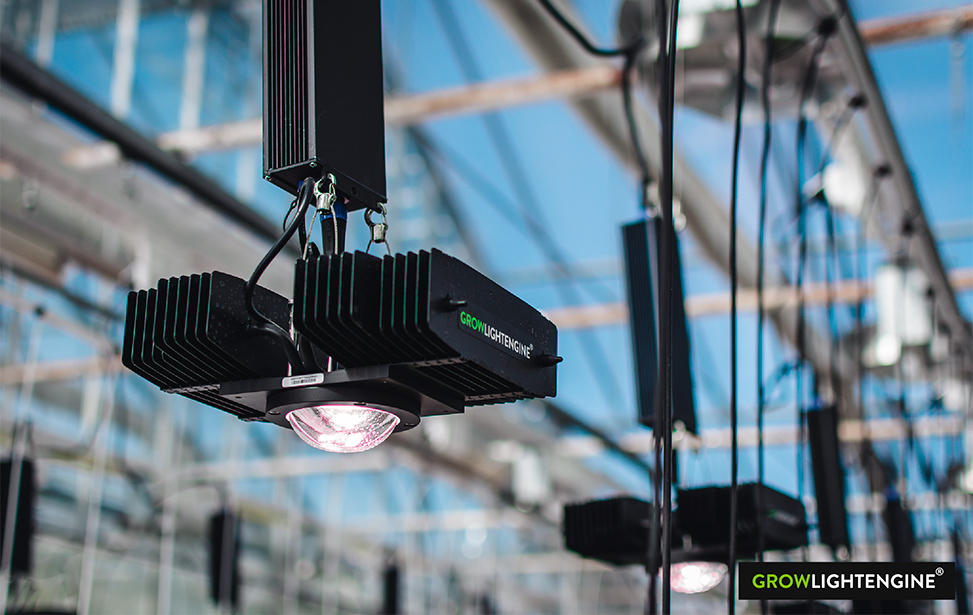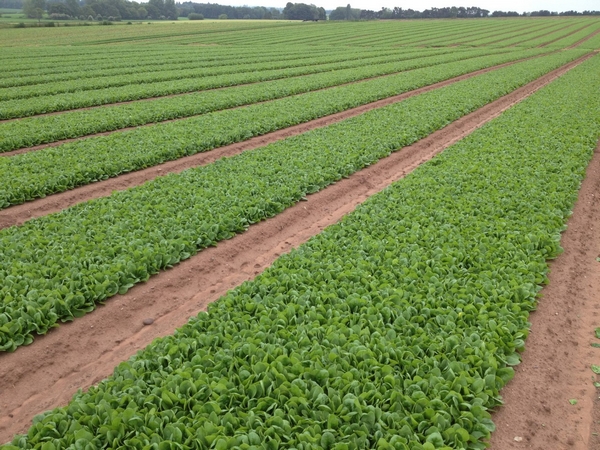In the heart of Uzbekistan’s Jizzakh region, a groundbreaking agricultural project by Netafim is making waves in the world of modern farming. Spanning 190 acres, this state-of-the-art greenhouse complex combines the latest technologies in climate control, automation, and microcloning to set new benchmarks for agricultural efficiency and sustainability. This article explores the innovative techniques used in the project and their implications for the future of agriculture.
A Comprehensive Greenhouse Complex: 20 Hectares of Advanced Greenhouse Systems
Netafim’s recent initiative in Jizzakh features a 20-hectare glass greenhouse alongside a 170-hectare open field area. This ambitious project is designed to push the boundaries of what is possible in modern greenhouse agriculture. According to Serkan Ergün, Marketing and Corporate Communications Manager for Netafim Turkey and Central Asia, the project integrates the most advanced technologies for climate control, automation, and sanitary practices (Gakon-Netafim, 2024).
Recent developments in greenhouse technology underscore the significance of such projects. A 2023 study published in Horticulture Technology demonstrates that advanced greenhouses equipped with climate control systems can increase crop yields by 25% and reduce water and energy use by 30% compared to conventional greenhouses (Davis et al., 2023). Netafim’s Jizzakh greenhouse employs these technologies to maintain optimal growing conditions and support the robust development of plants, including grape seedlings and fruit trees.
Automated Systems for Precision Agriculture
One of the standout features of the Netafim greenhouse is its sophisticated automated irrigation system. This system utilizes sensors and advanced algorithms to provide precise water and nutrient delivery, optimizing plant growth and minimizing waste. Ergün highlights that the irrigation setup is designed to monitor and control water usage in real time, from the individual plant level to the entire greenhouse (Gakon-Netafim, 2024).
Research from Agricultural Water Management supports the effectiveness of such systems. A 2024 review article reveals that automated irrigation systems can improve water efficiency by up to 50% compared to traditional methods and significantly boost crop productivity (Kumar et al., 2024). Netafim’s use of these technologies exemplifies how precision agriculture can lead to more efficient water use and better crop management.
Microcloning Technologies: Enhancing Plant Varieties and Sustainability
In addition to automated irrigation, the Jizzakh greenhouse incorporates microcloning technologies to support the preservation and enhancement of plant genetic material. According to Ergün, this technique is crucial for renewing plant gene pools and developing high-quality, disease-resistant plant varieties (Gakon-Netafim, 2024).
A 2023 study in Plant Cell Reports highlights that microcloning technologies are instrumental in the large-scale production of uniform and high-quality plant material. These technologies allow for the rapid propagation of plant varieties, which is essential for maintaining and improving local crops (Smith et al., 2023). At the Jizzakh greenhouse, these techniques are used to advance the quality of grape and fruit tree varieties, which will have long-term benefits for regional agriculture.
A Milestone for Central Asian Agriculture
The Netafim project in Jizzakh is not just a showcase of advanced technologies but also a significant milestone for agriculture in Central Asia. Ergün emphasizes that this greenhouse complex represents a major step forward in sustainable farming practices and resource management (Gakon-Netafim, 2024).
A 2024 report from Sustainable Agriculture Reviews indicates that innovative greenhouse systems are vital for addressing the challenges of climate change and resource scarcity. By setting new standards in water and energy efficiency, Netafim’s Jizzakh project is paving the way for future advancements in the agricultural sector (Green & Brown, 2024).
Netafim’s 190-acre greenhouse project in Uzbekistan’s Jizzakh region exemplifies the future of advanced agricultural practices. Through the integration of cutting-edge technologies in climate control, automated irrigation, and microcloning, this project not only enhances crop yields and quality but also sets a new standard for sustainable and efficient farming. As the agricultural industry continues to adapt to the challenges of climate change and resource limitations, the innovations demonstrated at Jizzakh offer valuable insights and practical solutions for farmers and agricultural professionals worldwide.











